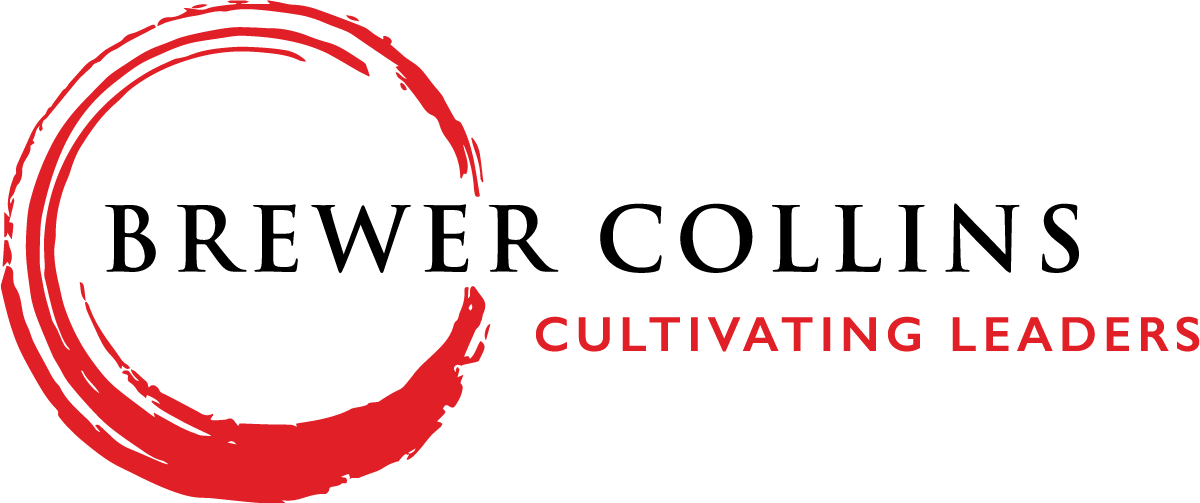ON LEADING PODCAST • Episode #11 • November 29, 2023
Listen on

Episode #11
Susan Danger
On Advancing Transatlantic Cooperation
By Lori Brewer Collins
You could say Susan Danger has dedicated her career to advancing transatlantic cooperation. And you wouldn’t be wrong. For the last 21 years, she has been leading the 60-year-old American Chamber of Commerce to the European Union (AmCham EU), first as its Managing Director and now as its CEO. During that time, POLITICO twice named her one of the Top 20 Women Influencers in Brussels (2016 and 2020). Under her leadership, AmCham EU has been voted Professional Body of the Year (2017) and best EU Trade Association (2021).
AmCham EU speaks for American companies committed to Europe on trade, investment and competitiveness issues and aims to ensure a growth-orientated business and investment climate in Europe. The association facilitates the resolution of transatlantic issues that impact business and plays a role in creating a better understanding of both EU and US positions on business matters.
The United States and Europe are each other’s largest trading partners and make up the world’s largest and wealthiest market.
This is not an insignificant job when you consider that, in 2022, aggregate US investment in Europe totaled more than €3.7 trillion, directly supported more than 4.9 million jobs in Europe, and generated billions of euros in income, trade and research and development. AMCham EU currently has over 1,000 active individual representatives and a 25-person strong professional secretariat supporting over 165 U.S.-headquartered corporate companies, international businesses, and law and public affairs consultancy firms.
This is not the only role in which Susan acts as a bilateral voice to communicate the importance of the transatlantic economy in both Europe and the United States. As Chairwoman to the AmChams in Europe (ACE), she works to develop and support this umbrella organization’s network of 49 American Chambers of Commerce. The network currently represents 17,000+ American and European companies that employ 20 million workers and account for more than $1.1 trillion in investments. Interestingly, ACE members hail from both European Union and non-EU countries—47 in total—from across Europe and Eurasia. Ms. Danger also sits on the governing board of the European Policy Center, an independent think tank established as an international not-for-profit organization under Belgian law to provide a platform for engaging partners, stakeholders and citizens in EU policy making.
When I spoke with this multilingual leader for the latest episode of Lori On Leadership, we discussed the impact of COVID and the Ukraine-Russian War on AmCham EU. We also touched on her early career as a marketing manager and her choice to stay with a small, but influential, membership-based association for 27+ years.
Key Takeaways
Many things struck me about Susan as a leader in our conversation. Her gravitas. Her experience working with many nationalities and across multiple languages. Her ability to judge each situation for what it is. But most of all, her reputation as someone with integrity, someone who can be trusted. Here are my other key takeaways.
- When working across nationalities and languages, remain calm and patient. People are all so different. Each one will be used to their own approach to issues. Misunderstandings can arise the group members are using different languages and coming from different cultural backgrounds. Certain people can become reticent—or very pushy—about their opinions and priorities. As the leader, you have to remain quite calm and quite patient.
- Don’t lower yourself to the level of your detractors: speak about values. When we were dealing with Brexit and the Trump administration shifting America’s relations with Europe, I chose to speak out about the values of democracy, rule of law, and free trade, rather than take sides and amplify tensions. Speaking out about these values is much more acceptable now and it’s seen as something very important for business to do if it’s going to thrive.
- Make corporate social responsibility visible. Realize that there will always be a debate in companies about whether to demonstrate what they are doing to help or whether to not say anything. Saying too much can appear to be self-serving; saying nothing at all looks like you’re not doing anything. Find the balance. For example, make it known what investments you’re making in education, training and support in less privileged communities.
- Stay to see the fruits of your labor. Many leaders will come into a big organization, make some decisions and put something in motion. But they leave before it bears fruit. When you have a small organization, you get to have more control and be entrepreneurial. Consider staying. As long as things are constantly changing and constantly giving you fresh challenges, you will be stimulated. You will get to shape the organization yourself and see the full impact of the things you start.
- Be an incubator of professionalism that seeds other organizations. Especially in small organizations, not everyone can become a manager or director. Instead, find a good compromise between retaining senior talent and allowing churn to happen with staff members. Some of those who leave to work in a consultancy or a corporation may eventually come back and take a leadership position or seat on the board.
- Be a good listener—and when you speak, get the tone right. Listen to what people are saying and what they actually want. When you communicate back to them, match your tone to the circumstances. Don’t descend to the level of unpleasantness; keep an even temperament and remain professional at all times. Know there will be times to respond and times to be bold, just as there will be times not to respond and times not to be bold.
- Ensure everyone is respected, regardless of their level. Everyone should be treated with politeness and respect, whether they are the prime minister or the assistant to the prime minister, an MP or their assistant, one of your own team members or a person who just happens to be opening the door for you.
- Always try to find the balance between caring and getting too involved. When one of your people falls mortally ill, be attentive to how involved their family wants you and everyone in the organization to be. Understand that balance will be different in every case.
- When you’re at work, be at work; when you’re at home, be at home. Be with your kids in the evenings, on the weekends, during the holidays. Create the memories and do the experiences with them that count (e.g., hockey matches on the weekend, birthday parties, taking them places on vacation).
- When you need time for yourself, do sports. You don’t have to necessarily be a world champion or part of the best team in the league. Just make a point of getting out there to play! It’s good for your physical and mental health.





